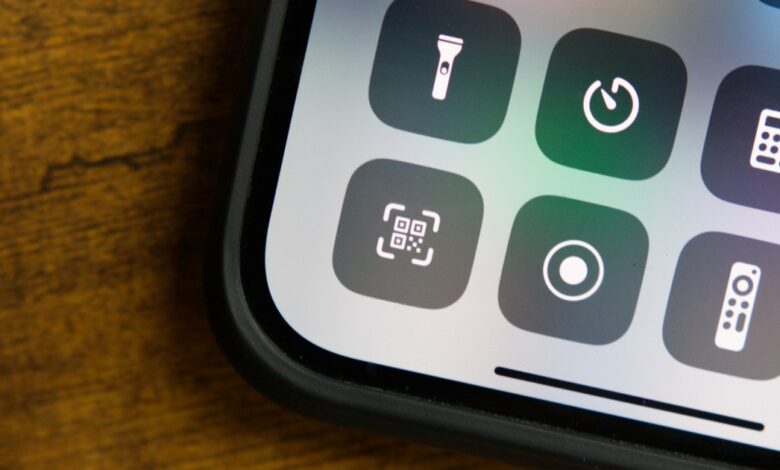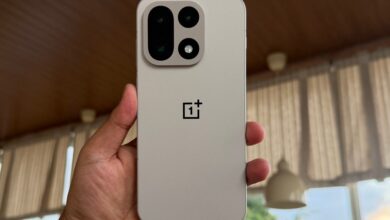FBI Alerts Public to Rising QR Code Scam Threats

Beware of QR Code Scams: A Growing Threat
Scammers are increasingly using QR codes to deceive individuals into sharing sensitive facts or downloading harmful software onto their devices. This trend has raised alarms, prompting the FBI to issue a warning about a specific scam involving unsolicited packages that contain these codes.
The Allure of the unknown
These scammers cleverly exploit our natural curiosity. When someone receives an unexpected package, thay may feel compelled to scan the accompanying QR code in hopes of uncovering more details about it. However, this seemingly innocent action can lead down a dangerous path where personal data, including financial information, is at risk. In certain specific cases,scanning such codes could even result in malware being installed on your phone.
A Cautionary Message from the FBI
The FBI has noted that while this type of scam isn't as prevalent as others, it's crucial for people to stay informed about these fraudulent activities. The agency emphasizes that awareness is key in protecting oneself from potential harm.
The Brushing Scam Connection
This new scheme is related to what’s known as a “brushing scam.” In traditional brushing scams, online sellers send items without any prior order so they can use the recipient's name for fake reviews aimed at boosting product ratings. The FBI elaborated on this by stating that scammers have now integrated QR codes into their tactics to enhance their fraudulent efforts.
Stay Alert: Unordered Packages and Unknown Codes
The FBI urges everyone to be cautious when receiving packages they did not order and advises against scanning any QR codes from unfamiliar sources.This warning comes amid rising incidents where criminals utilize QR codes beyond just unsolicited deliveries.
QR Codes: A Tool for Criminals
As QR codes become more common in daily life—appearing on everything from advertisements to menus—they also present new opportunities for fraudsters. Some criminals have taken it a step further by placing fake QR codes over legitimate ones in public spaces or commercial areas.
A Real-World Example
A recent alert from the New York Department of Transportation highlighted one such scam where offenders placed counterfeit QR codes on parking meters. scanning these deceptive codes redirected users to third-party websites requesting credit card details—a clear attempt at financial theft.
Tread Carefully with Your Phone Camera
Most modern smartphones automatically detect and display web addresses linked with scanned QR codes unless users disable this feature. Even if you think you’re dealing with trustworthy content, take an extra moment to review the URL before proceeding further—especially if it’s associated with an unknown source like an unordered package.
Your Best Defense Against Scams
If you encounter any suspicious-looking code attached to something you didn’t request, simply ignore it altogether! It’s better not to engage than risk falling victim to these scams designed specifically for exploitation.
This growing trend highlights how important it is for everyone—whether tech-savvy or not—to remain vigilant against potential threats lurking behind seemingly harmless technology like QR codes. By staying informed and cautious about what we scan and click on our devices, we can help protect ourselves from becoming victims of fraudsters looking for easy targets.
And don't forget! NoveByte might earn a little pocket change when you click on our links,helping us keep this delightful journalism rollercoaster free for all! These links don’t sway our editorial judgment so you can trust us.If you’re feeling generous support us here!:





